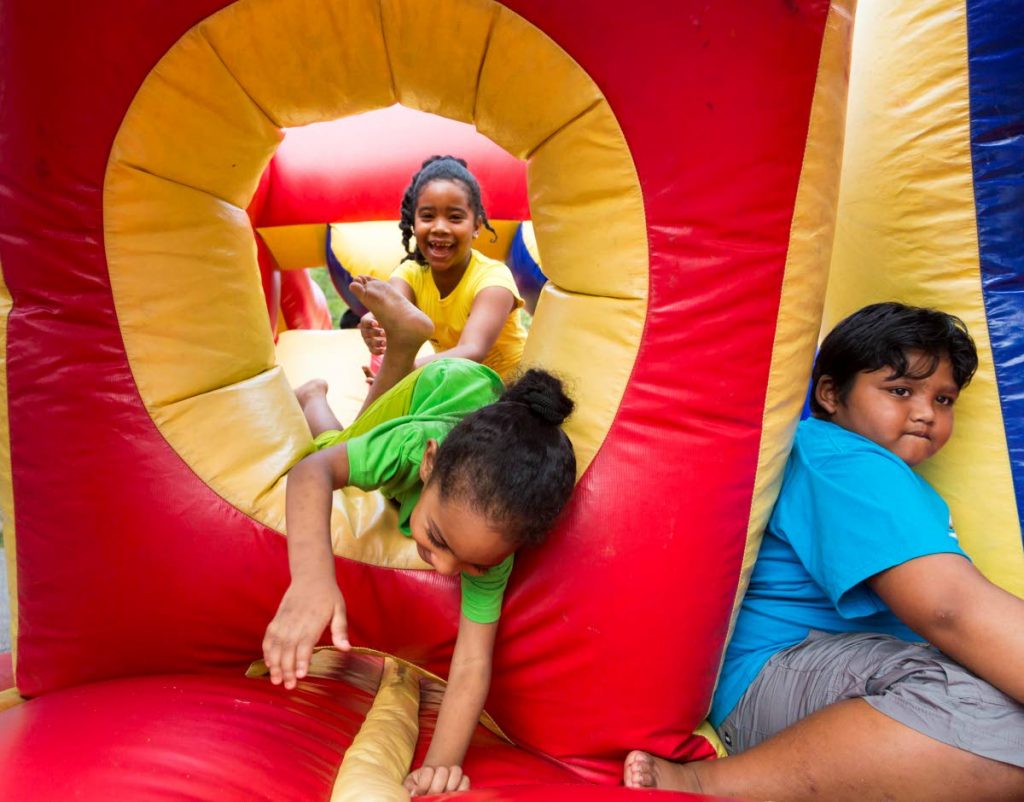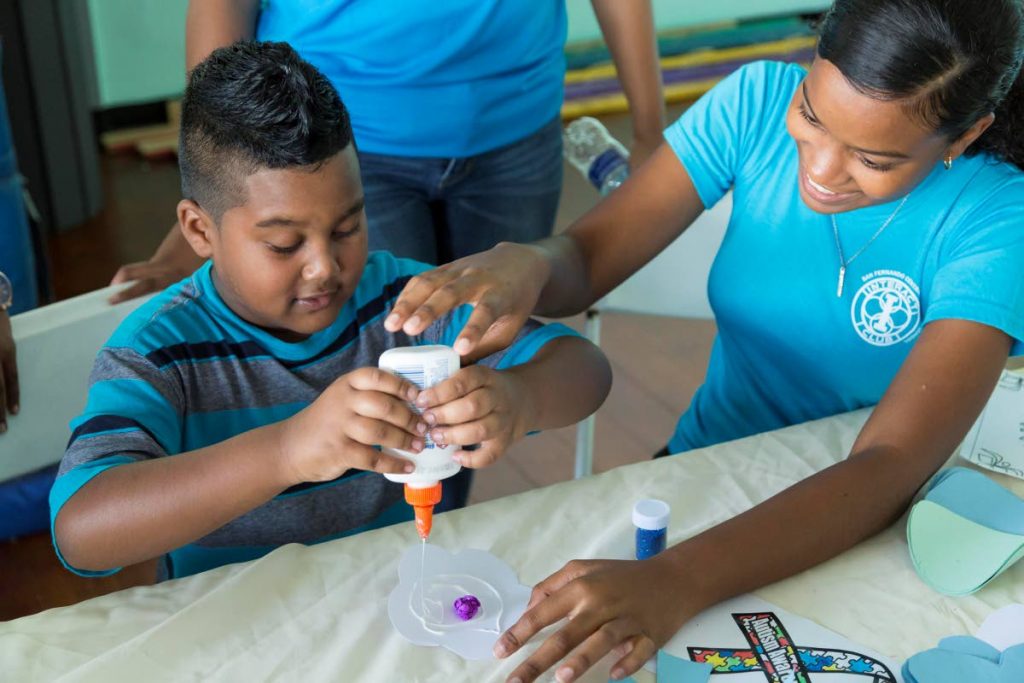Diagnosing a child with autism in TT

DR RADICA MAHASE
“FROM the time my child reach one year I knew something wasn’t right. When we went to the health centre I asked the nurse and she said he was only a baby and you can’t really say anything yet. We took him to the health centre a few times and every time I asked the nurses, they couldn’t tell me anything. When I told one how he is already two and half years old and he’s not even saying words she told me that’s because boys take longer to talk. Another time a nurse buff me and told me that I ‘bringing sickness on meh chile’ by always saying something is wrong with him. Eventually, we approached a teacher who is a family friend and she started looking for information for us and we were able to get my son diagnosed."
Experiences like these seem to be common amongst many parents of children with autism. In so many cases the parents know that their child isn’t developing as is expected, but they don’t have anywhere to turn for guidance.
Ideally, when a child visits the health centre/paediatrician, they should be the ones to notice early signs of autism. As the child gets older and starts pre-school, teachers should be able to identify the signs of autism.
Often this is not the case and autism goes undetected.
According to the UK National Health Service, these are some of the early signs of autism in children:
not responding to their name
avoiding eye contact
not smiling when you smile at them
getting very upset if they do not like a certain taste, smell or sound
repetitive movements, such as flapping their hands, flicking their fingers or rocking their body
not talking as much as other children
repeating the same phrases
As children get older one or more of these signs might also be visible:
not seeming to understand what others are thinking or feeling
finding it hard to say how they feel
liking a strict daily routine and getting very upset if it changes
having a very keen interest in certain subjects or activities
getting very upset if you ask them to do something
finding it hard to make friends or preferring to be on their own
taking things very literally – for example, they may not understand phrases like "break a leg."
At the same time, not all children will have the same signs. For example, one child might have no problem making eye contact or playing with others, while another child might not do that.
If you are a parent like Gary above, and you notice that your child is not developing at the expected pace, then it is important that you seek professional help for your child.

You should get your child diagnosed by a doctor specialising in child development. You can do so at a public health care institution – outreach clinics are Pt Fortin, Siparia, Couva and Princes Town and at the San Fernando General and Mt Hope hospitals. You need a referral letter from a regular GP in order to make an appointment at the paediatric clinic in the institutions listed above. The waiting period varies according to the institution and ranges from five to 18 months. All three doctors who work in these institutions have private practices at different venues. The cost of a private visit ranges from $1,500 to $5,500.
Diagnosing a child with autism in TT can be a formidable task for parents. Not only is the waiting period too long, but parents still have to visit and pay a GP to get a referral letter.
Also, there are no support systems in place when a diagnosis is given. The doctor would usually recommend various therapies that the child needs, but these are not available publicly and then it is another task for parents to find and afford therapy for their child.
Even if a child is diagnosed very young, the child might not get the help needed if parents cannot afford to pay for therapy.
Even worse is that the Ministry of Health is not forthcoming with information on how to diagnose a child with autism. Ideally, the ministry should communicate to the public, locations/days/time a child can be diagnosed, assuming that there is a structured system in place.
Gary and other parents shouldn’t have to “try and find somebody to help.”
Dr Radica Mahase
Founder/Director, Support Autism T&T

Comments
"Diagnosing a child with autism in TT"